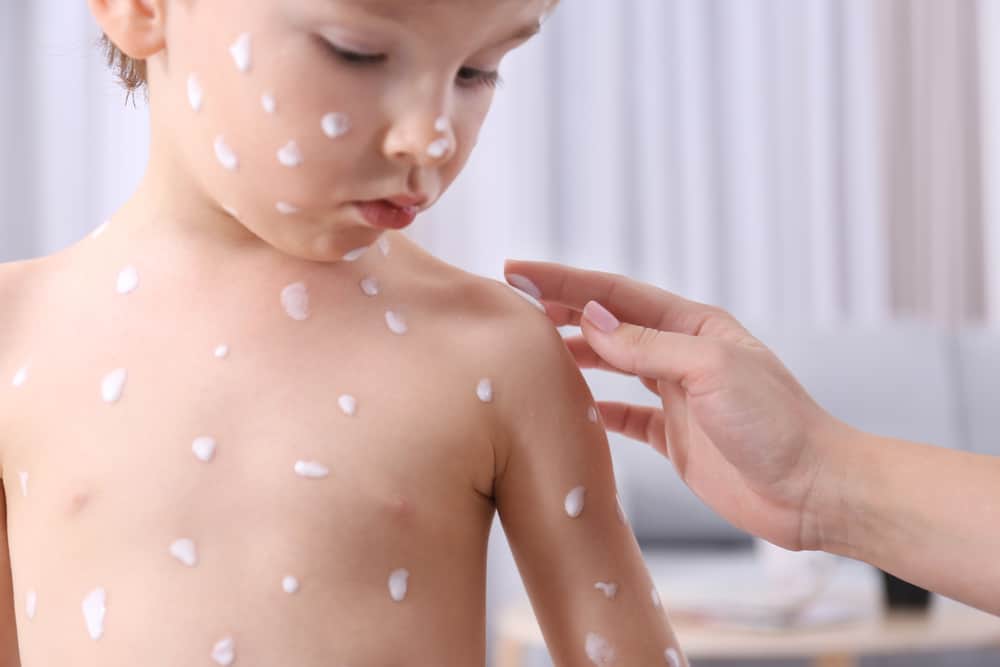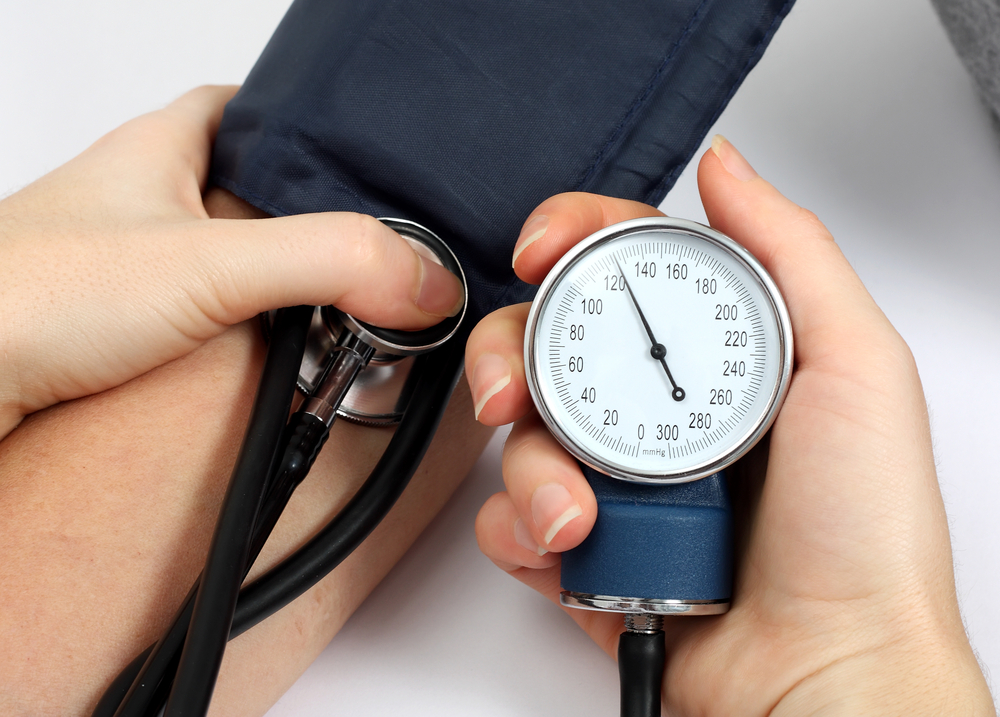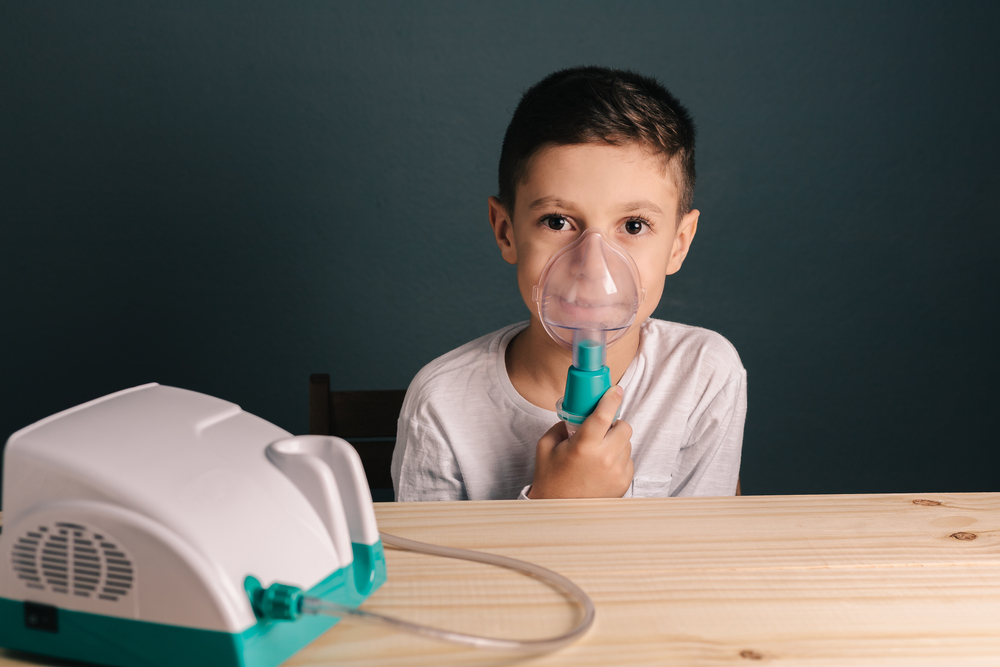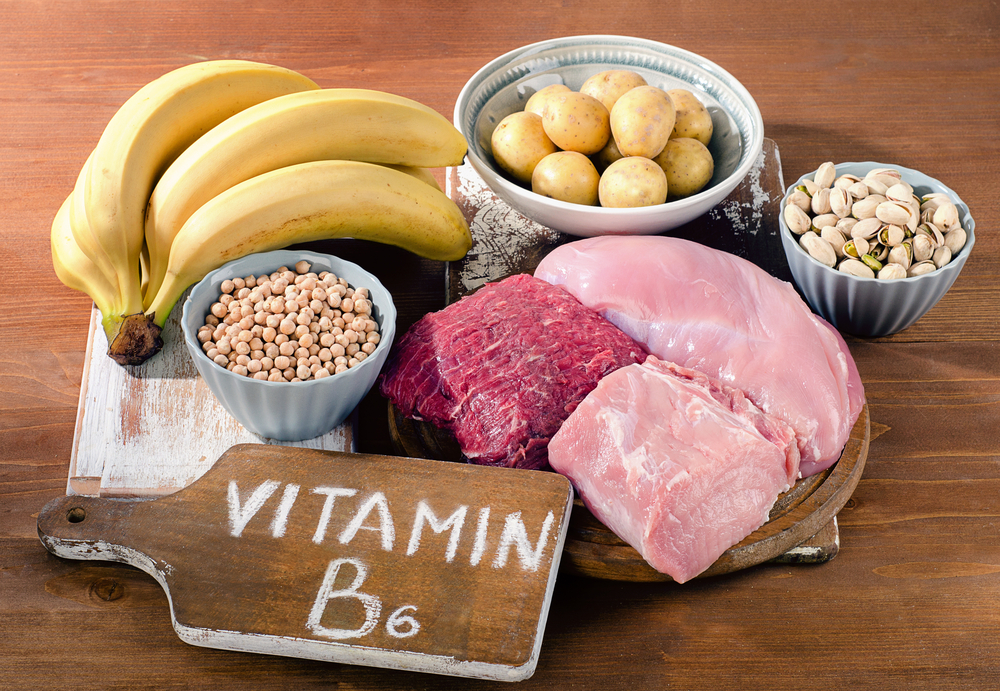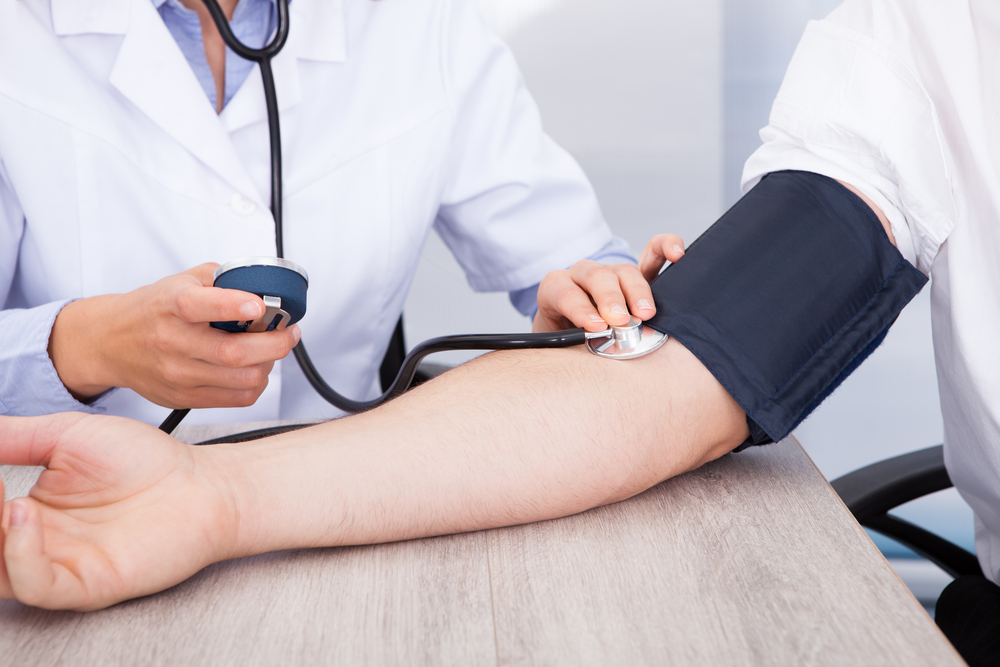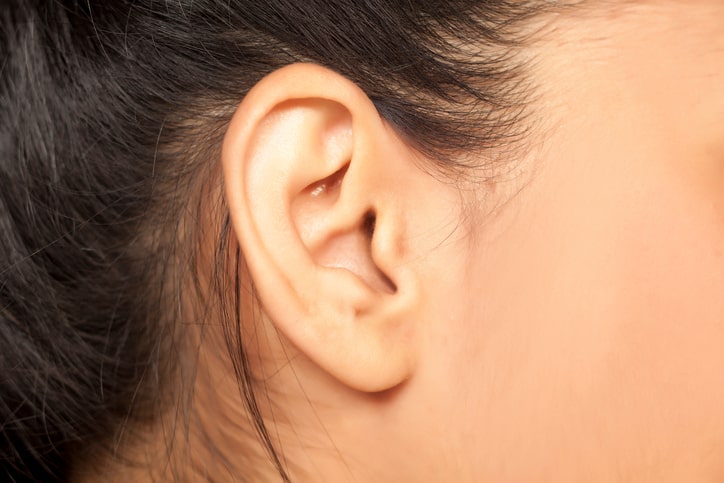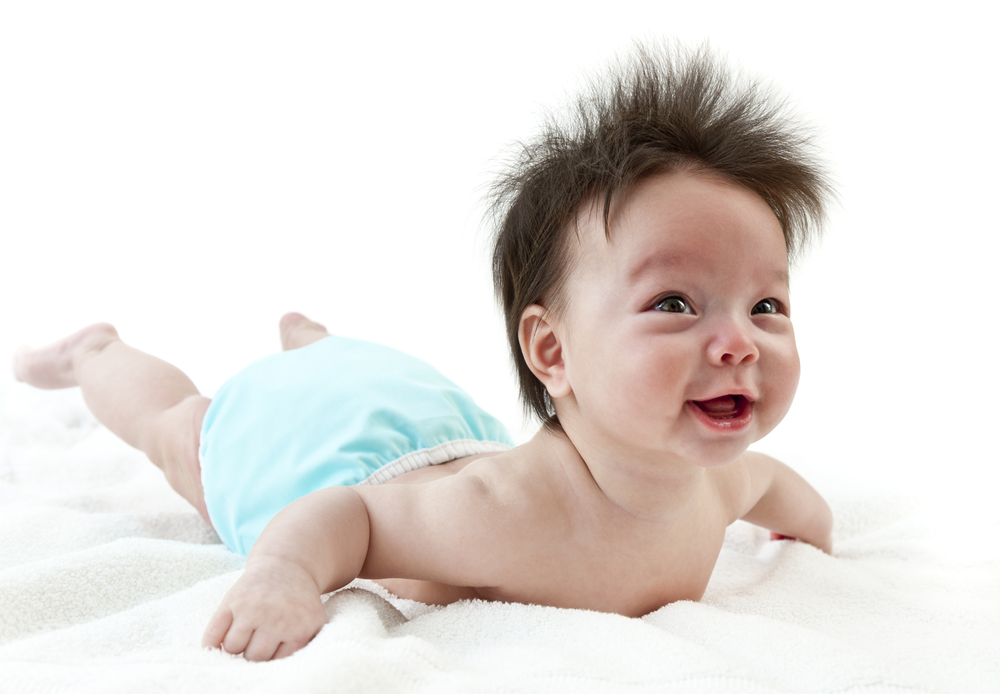Contents:
- Medical Video: Preventing Chicken Pox
- 1. Providing medication for fever as well as pain relief
- 2. How to prevent itching and scratching
- 3. Pay attention to food intake
- 4. Don't let the child leave the house until healed
- 5. Prevent transmission at home
Medical Video: Preventing Chicken Pox
Chickenpox is a disease that is more often experienced in children. This disease is caused by the body of a child infected with the varicella zoster virus. Although there is no specific cure for chickenpox, intense treatment can help relieve symptoms of childhood chickenpox. That's why, if your child has chicken pox, you don't panic. Check out the tips for caring for a child who has chicken pox below
1. Providing medication for fever as well as pain relief
In addition to the appearance of bumps containing fluid (resilient), chickenpox generally also causes symptoms of high fever and pain throughout the body. Well, to relieve this condition you can take acetaminophen (paracetamol) or antihistamines.
Paracetamol is safe for most people to consume, including pregnant women and children over the age of two months. This drug is also available in syrup form that can be used for infants and your children under the age of two years. However, before giving the drug to a child, you should first consult a doctor to determine the right dosage according to your child's needs.
Do not give ibuprofen to a child when he is sick with chickenpox because he is feared it can risk the risk of side effects of severe step infections. Also, don't give aspirin to children under the age of 16. Because the drug can cause serious complications called Reye's syndrome.
2. How to prevent itching and scratching
The itching that appears on the skin when smallpox is indeed unbearable. For children, this is a difficult ordeal. Because the child is difficult to control themselves so as not to scratch smallpox on his skin. Scratching chicken pox spots will cause skin infections and scars formed after the spots heal.
Therefore, to prevent bacterial infections, there are a number of things you can like:
- Cut your child's nails.
- Do not let your child scratch and scrape pox, especially on the face.
- As for babies who have not been able to control themselves, you should be able to put on baby gloves.
- Wear clothes that are loose and soft so your child's skin can breathe and not be easily scratched.
- Use calamine lotions, moisturizing creams, cooling gels, or antihistamine drugs called chlorpheniramine to help reduce itching and soothe the skin.
- Bathe with lukewarm warm water or cold water. To protect smallpox from breaking, do not rub with a towel when drying. Gently pat the body until the water absorbs dry.
3. Pay attention to food intake
Bentpox chicken pox in children can also be found in the mouth and throat. The heat and discomfort caused by a reddish rash will also make it difficult for children to eat. Even so, make sure you meet the child's fluid needs by drinking lots of water to avoid dehydration. If you have babies who are still actively breastfeeding, continue to give them breast milk regularly.
Water is better than sugary, carbonated, or sour drinks. It can also be used to soothe the mouth and throat of a child who is sick from chickenpox.
Avoid giving children food that has a strong, salty, sour, or spicy taste because it can make the mouth hurt. Soft, smooth, and cold foods (such as soup, fat-free ice cream, pudding, gelatin, mashed potatoes, and porridge) can be the best choice when you have chicken pox.
4. Don't let the child leave the house until healed
Remember, smallpox is an infection that can spread quickly. Now, to avoid transmission, rest your child at home for at least a week or until the smallpox spots dry and grind. This is done so that children do not transmit smallpox to their friends at school or in their playing environment.
5. Prevent transmission at home
So that your child's smallpox does not spread to family members at home - especially those who have not been exposed to smallpox, there are a number of things you can do to prevent transmission, namely:
- Always use a mask when interacting with children.
- Diligent hand washing, especially after contact with children.
- Temporarily not sharing personal items (towels, clothes, or combs) and sleeping in a room with a child who is exposed to smallpox.
- Separate children's clothes or sheets when washing.
- Immediately wipe objects or surfaces that are exposed to direct contact by using antiseptic fluids.
To be more optimal health care, you can protect yourself and your family with health insurance. Health insurance can ensure you and your family get the best treatment to deal with certain medical conditions without worrying about medical expenses.

